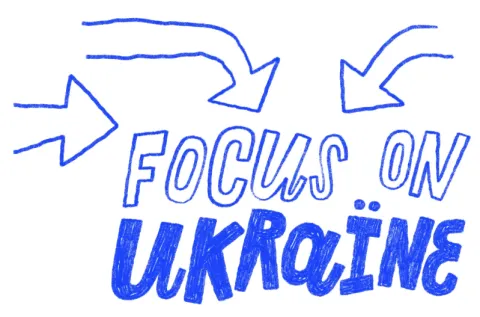Supporting Decolonisation in Museums: Focus on Ukraine
A new museum Guide focussed on Ukraine is being released today through an international partnership project initiated by the Ukrainian Institute in collaboration with ICOM UK, ICOM Ukraine (the United Kingdom and Ukraine national committees of the International Council of Museums) and the Museums Association, with support from the British Council. The English version of the Guide is now available for free to download from all project partners' websites (part 1, part 2), and a Ukrainian translation will be issued shortly.
The purpose of the Guide is to support museum and cultural heritage professionals globally to include Ukraine in their decolonisation practice. It is written for those who may have limited knowledge about Ukraine but who champion diversity and inclusivity. As well as offering new perspectives on the rich cultural heritage of this major European country, reliable information equips readers with the confidence to challenge harmful colonial narratives, negative stereotyping, misrepresentation and mislabelling of Ukraine and its cultural heritage.
Although parts of modern-day Ukraine were claimed by different states at different times, the Guide focusses on the impact of the Russian empire and the USSR. This is because Russia’s colonial narratives are not widely understood. By acknowledging the complex and often difficult processes involved in unlearning and relearning the past, the Guide positions Ukraine in solidarity with a global network of decolonisation struggles.
The Guide has been developed by experts and practitioners from Ukraine and internationally to bring together a range of perspectives and to represent a ‘snapshot in time’ on this decolonisation journey. Case studies and examples of good practice have been drawn from a variety of fields – including academia, archives, galleries and libraries as well as museums – to show how learning can be shared across different types of memory institution. We hope that this publication will also be relevant to other global contexts and different colonial settings, and that it will inspire the development of more guides to explain the rich and diverse cultural heritage of other peoples and nations.
